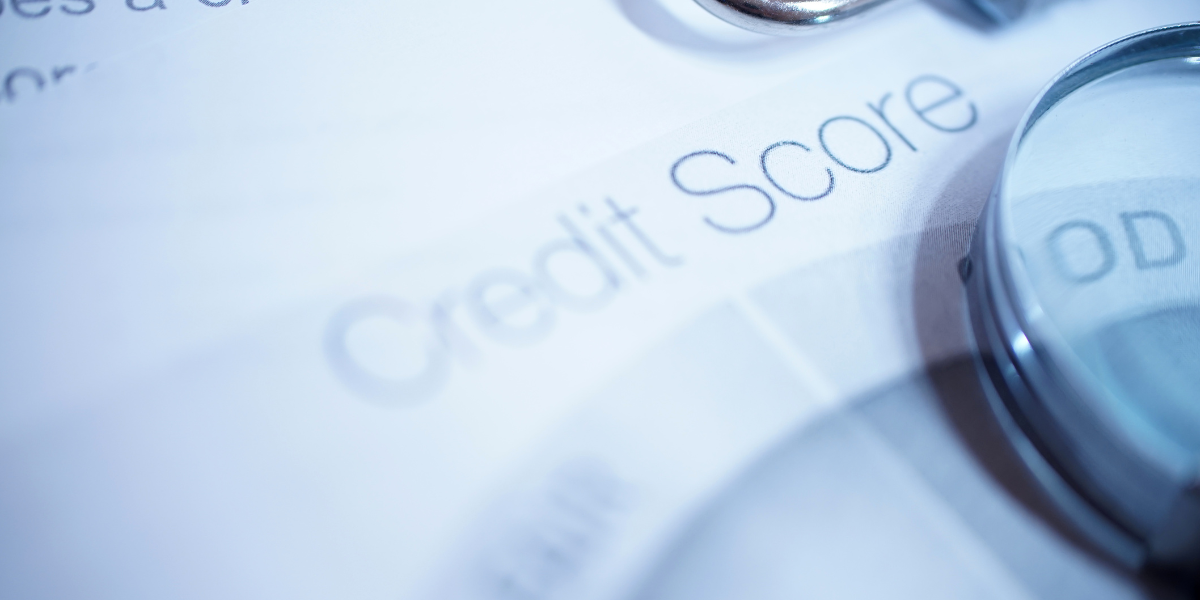
When it comes to your financial health, credit plays a significant role. Whether you’re applying for a credit card, a loan, or even trying to rent an apartment, your credit history matters. Two terms you often hear in this context are “insufficient credit” vs. “bad credit,” but what do they mean, and how are they different? Let’s explore these concepts to help you better understand your credit situation.
Insufficient Credit:
Having insufficient credit, also known as having a “thin” credit file, means that you have limited or no credit history. This typically occurs when you’re new to credit or haven’t used credit accounts in a while. Here are some key points to consider:
- Lack of Credit History: Insufficient credit means there isn’t enough information for lenders to assess your creditworthiness. It’s like having a blank slate in the eyes of creditors.
- Challenges in Getting Approved: Without a credit history, you might find it challenging to get approved for loans or credit cards, especially those with favorable terms or high credit limits.
- Building Credit: The good news is that you can start building your credit from scratch. Opening a secured credit card or becoming an authorized user on someone else’s credit account are common ways to begin establishing a credit history.
Bad Credit:
Bad credit, on the other hand, indicates that you have a history of managing credit poorly. This often involves missed payments, high credit card balances, defaulted loans, or even bankruptcy. Here are some key points about bad credit:
- Negative Credit History: Bad credit is the result of negative entries on your credit report, such as late payments, charge-offs, or accounts sent to collections.
- Impacts on Financial Opportunities: Having bad credit can severely limit your access to loans and credit cards. When you are approved, you may face higher interest rates and less favorable terms.
- Rebuilding Takes Time: Rebuilding your credit after it has been damaged can be a slow process. It often involves making consistent, on-time payments and demonstrating responsible financial behavior over time.
Conclusion:
Whether you have insufficient credit or bad credit, it’s important to take steps to improve your creditworthiness. Building good credit habits, like paying bills on time and keeping credit card balances low, can help you move toward a more favorable credit standing. Additionally, seeking guidance from a credit counselors like ourselves can provide you with personalized strategies to address your specific credit situation. Understanding where you stand and how to improve your credit is a crucial step in achieving your financial goals.
